Set sporadically between multiple timelines, Dealer/Healer is a biopic about a former junkie drug dealer turned drug counsellor that struggles to […] Read more
Two weeks ago, Wonder Women, one of the biggest blockbusters of the summer finally hit DVD/Blu-ray shelves. It’s a film […] Read more
It has been a few years since I’ve had the pleasure of screening a film from the twistedly gory mind […] Read more
Due to unforeseen circumstances, I wasn’t able to cover Japan Cuts in the same depth that I have in the […] Read more
The top genre film fest in the world, Fantasia Festival, has been underway now for a couple of weeks and […] Read more
Get ready to enjoy this low-key story about a stray cat which ends up with surprisingly high stakes, as the comedic […] Read more
Debuting his first Feature, French filmmaker Jean-Gabriel Périot attempts to take a look at the history of Hiroshima and the […] Read more
When a festival describes a film as “a gloriously irreverent mash-up of White Men Can’t Jump, Rain Man, and Kingpin.” […] Read more
After an impressive opening weekend and rave reviews worldwide, it’s fair to say that Spider-Man: Homecoming is the Spider-Man film […] Read more


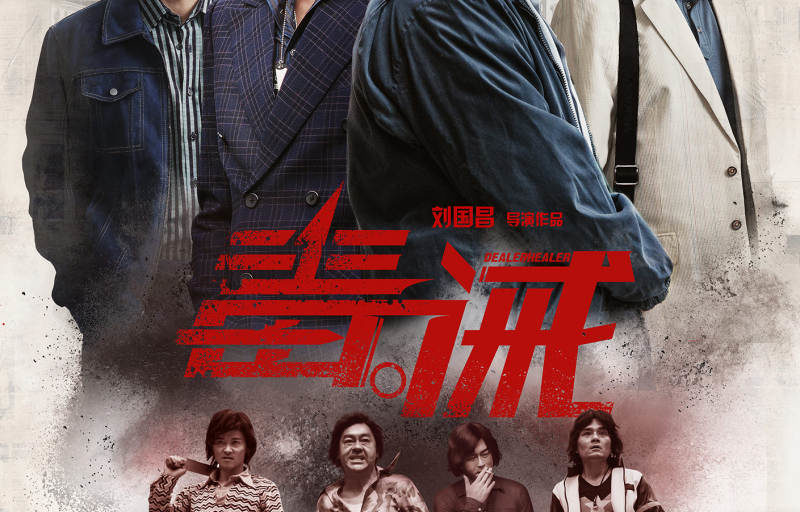
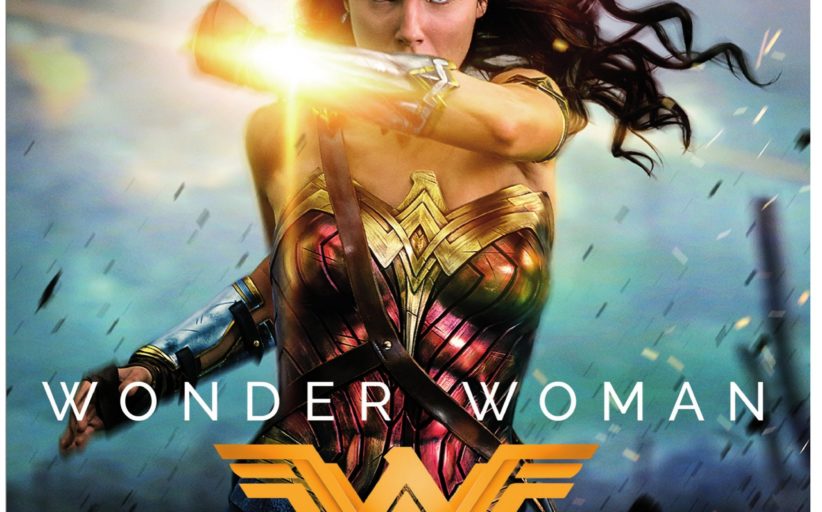
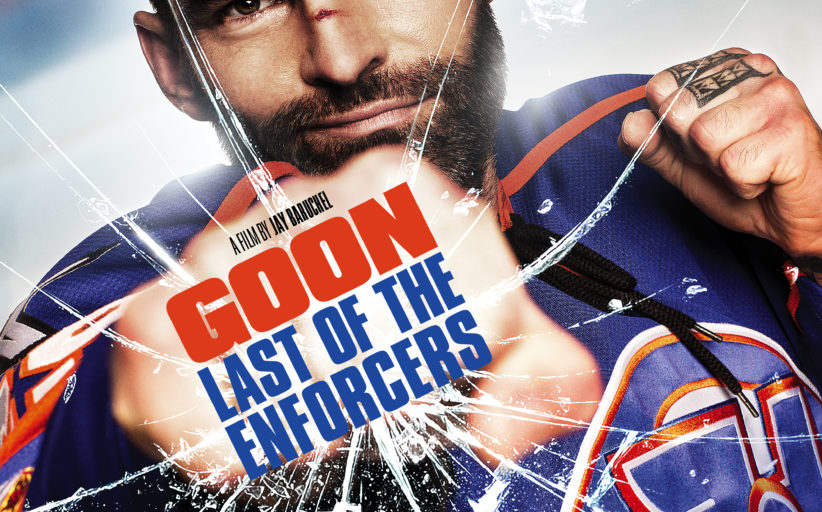
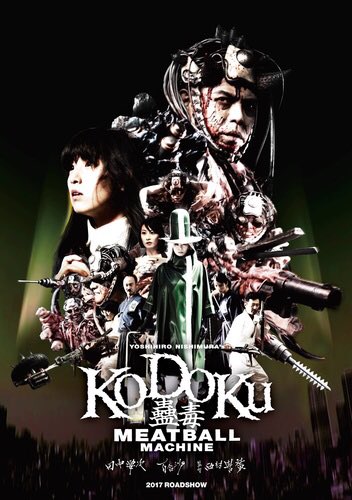
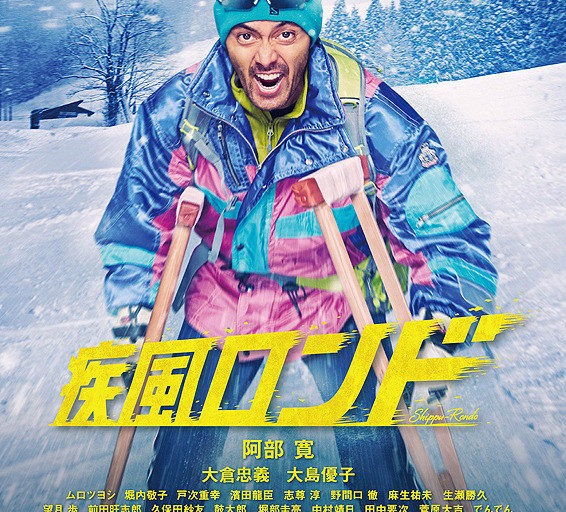
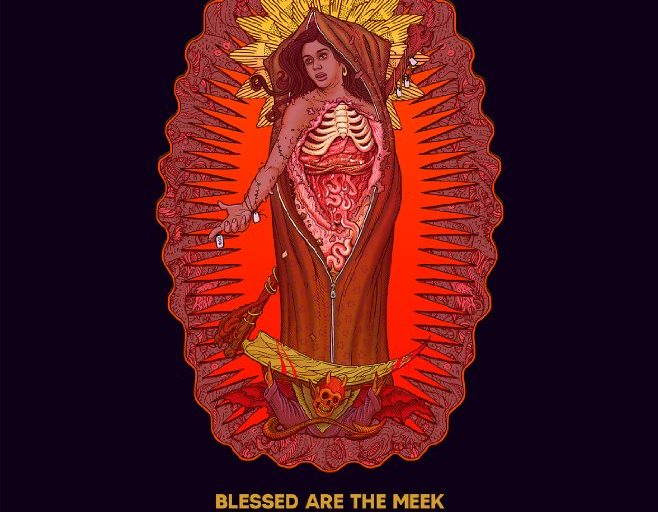






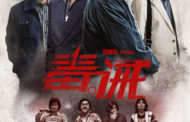


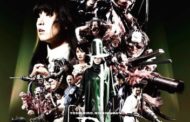

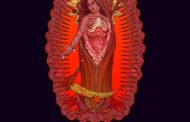
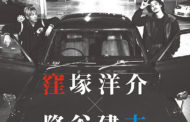
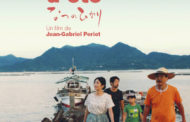
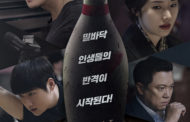




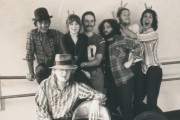






Recent Comments